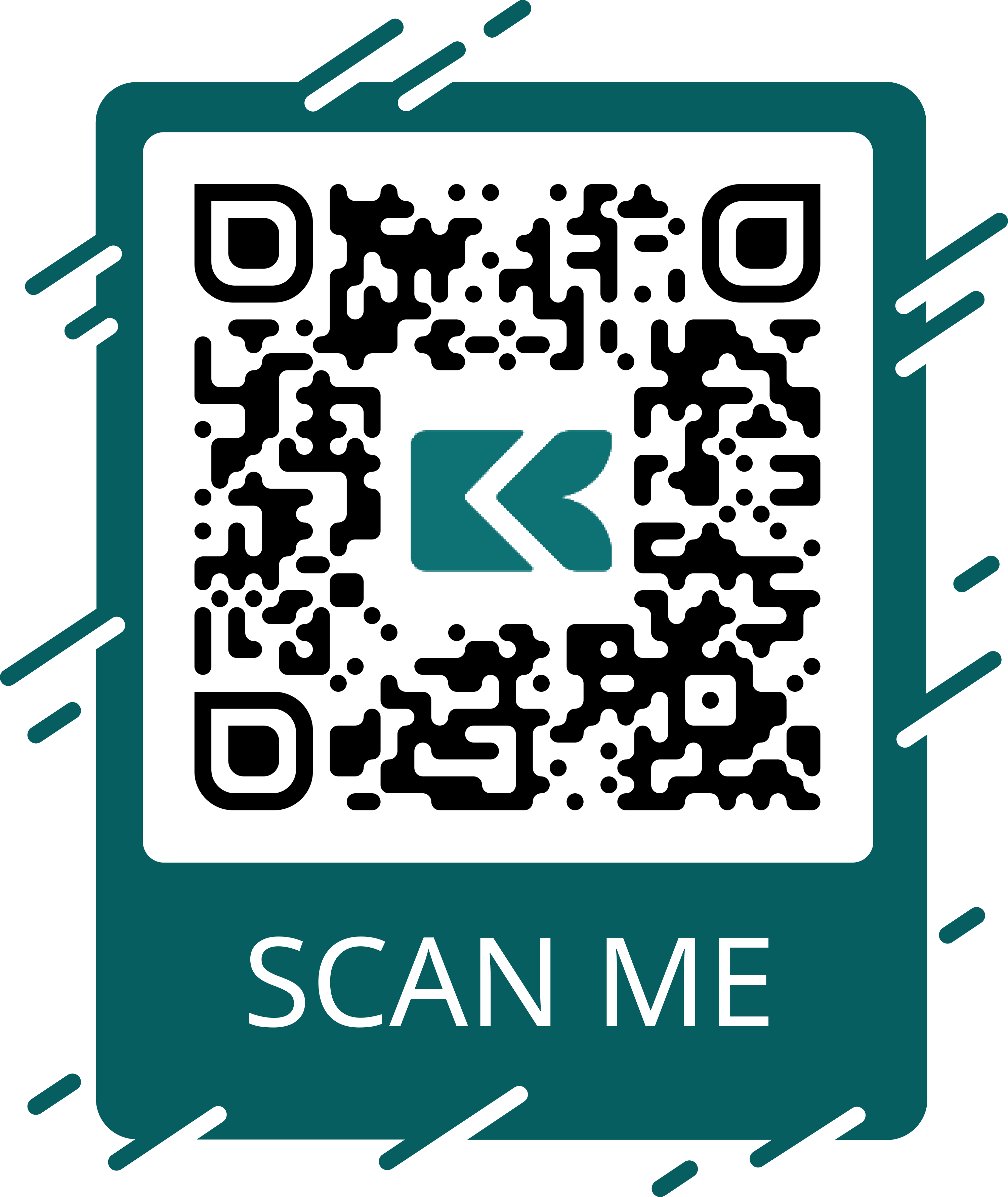A deposit is a sum of money that is placed into a bank account or other financial account as a way of storing or saving funds. Deposits can be made in a variety of forms, including cash, checks, electronic transfers, and other payment methods.
Deposits are important for individuals and businesses because they provide a safe and secure way to store funds and earn interest. In addition to traditional bank accounts, many financial institutions offer specialized deposit accounts, such as certificates of deposit, which allow account holders to earn higher interest rates on their deposits in exchange for a fixed term of deposit.
Deposits can also be used as a way of securing loans or other credit arrangements. For example, when an individual applies for a mortgage, they may be required to provide a deposit as a down payment on the property. Similarly, businesses may be required to deposit as a condition of securing a lease or other financial agreement.
Types of Deposits
- Demand Deposits: Demand deposits are funds held in accounts, such as checking accounts, that allow depositors to withdraw their money on demand. These deposits typically do not earn significant interest, but they offer easy access and liquidity.
- Escrow Deposits: In real estate transactions, buyers may be required to make an escrow deposit, also known as an earnest money deposit. This deposit demonstrates the buyer’s serious intent to purchase the property and is typically held in an escrow account until the closing of the transaction.
- Time Deposits: Time deposits, such as certificates of deposit (CDs) or fixed deposits, are savings instruments offered by banks with a fixed term and interest rate. The depositor agrees to keep the funds deposited for a specific period, and in return, they earn interest.
- Bank Deposits: When individuals or businesses deposit money into a bank account, it is referred to as a bank deposit. Bank deposits can include various types of accounts, such as savings accounts, checking accounts, certificates of deposit (CDs), and money market accounts.
